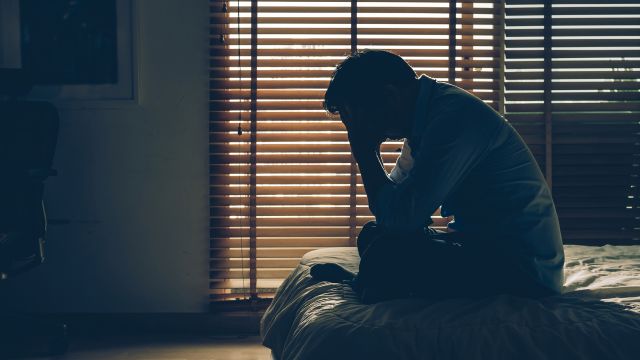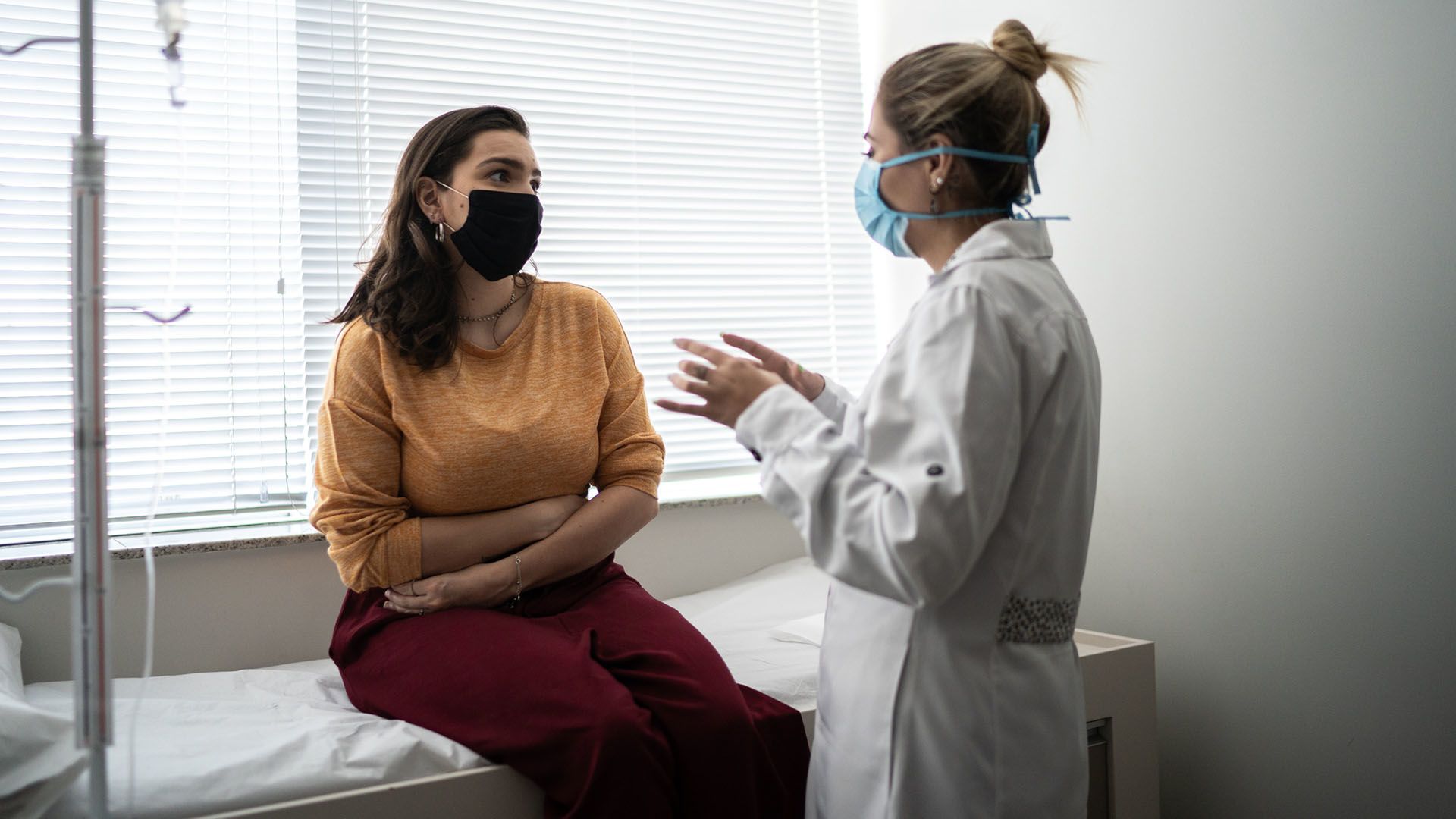Crohn’s disease is a chronic disorder that causes inflammation in the digestive tract. It is one of the two main types of inflammatory bowel disease (IBD). The other type is ulcerative colitis (UC).
Depression and anxiety are more prevalent in people who have IBD, though the relationship between these conditions is not fully understood. It is believed that the relationship is complex and there are a number of factors at play, including:
- Living with a chronic relapsing condition like IBD can cause feelings of chronic stress, uncertainty, poor self-image, and other negative emotions. These feelings may make existing symptoms of depression and anxiety worse.
- Stress and negative emotions can have physical effects on the body, disrupting the normal functioning of the gut and the immune system, and promoting inflammation. Stress and negative emotions can trigger or exacerbate flares of IBD symptoms.
- Living with depression and anxiety can also make it harder to adhere to the necessary steps a person must take to effectively manage IBD. This may lead to worse outcomes.
Remember that you do not have to cope with IBD or negative emotions on your own. Your healthcare providers can help.
Making mental health a focus of treatment
It is important to make mental health a focus of treatment for IBD. In order to provide you with the best treatment possible, your healthcare providers need to know how you are feeling. Tell your healthcare providers about:
- The moods and emotions you are experiencing.
- How IBD symptoms are impacting your quality of life
- How moods and emotions are impacting your quality of life
- How moods and IBD are impacting your relationships
- Any difficulties you are having following your treatment plan for IBD
Your healthcare team can recommend strategies for coping with the challenges of living with IBD and can refer you to other healthcare providers who can help, such as a therapist or psychiatrist who can accurately diagnose what you are experiencing and provide you with appropriate care.
Symptoms of depression
Depression is a serious medical condition that requires treatment. It is important to be able to recognize the symptoms of depression in yourself, and in a loved one. These symptoms may include:
- Persistent feelings of sadness, anxiety, or feeling empty
- Feelings of hopelessness and/or pessimism
- Feelings of guilt, worthlessness and/or helplessness
- Irritability and restlessness
- Loss of interest in activities or hobbies that you enjoy
- Loss of interest in sex
- Fatigue and decreased energy levels
- Difficulty concentrating, remembering details, and/or making decisions
- Changes in sleep habits, including insomnia, waking early in the morning, or excessive sleeping
- Changes in eating habits, including overeating or appetite loss
- Thoughts of suicide
If you or someone you know is having thoughts of self-harm or suicide, seek help immediately. Licensed mental health professionals are available at the National Suicide Prevention Lifeline. These professionals can listen to what you have to say and guide you through steps that can keep you safe. To contact the National Suicide Prevention Lifeline, call 1-800-273-8255 or call, text, or chat 988.






